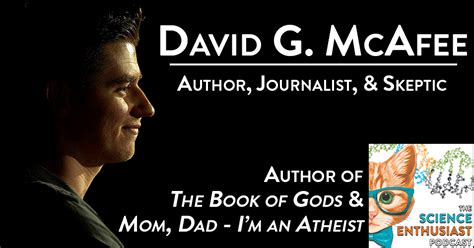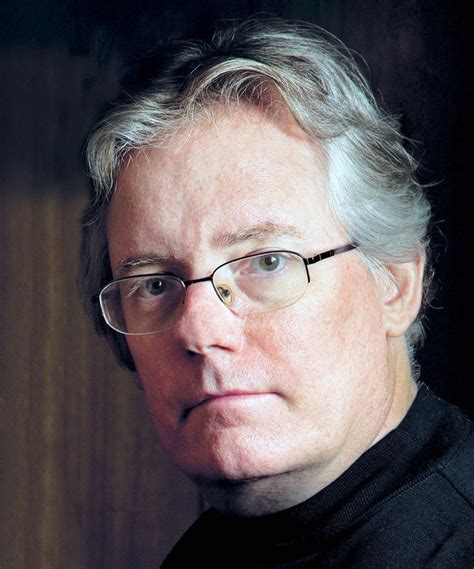A Quote by William of Ockham
The explanation requiring the fewest assumptions is most likely to be correct.
Quote Topics
Related Quotes
Christian apologists who argue that a story about an empty tomb is convincing evidence of a resurrected body are likely unfamiliar with Occam’s razor, which states that among competing hypotheses, the hypothesis with the fewest assumptions should be selected. They assume that the most likely explanation is miraculous resurrection through some unproven divine connection, but more likely scenarios include a stolen body, a mismarked grave, a planned removal, faulty reports, creative storytelling, edited scriptures, etc. No magic required.
For if as scientists we seek simplicity, then obviously we try the simplest surviving theory first, and retreat from it only when it proves false. Not this course, but any other, requires explanation. If you want to go somewhere quickly, and several alternate routes are equally likely to be open, no one asks why you take the shortest. The simplest theory is to be chosen not because it is the most likely to be true but because it is scientifically the most rewarding among equally likely alternatives. We aim at simplicity and hope for truth.
There are unidentified flying objects. That is, there are a hard core of cases-perhaps 20 to 30 percent in different studies-for which there is no explanation. We can only imagine what purpose lies behind the activities of these quiet, harmlessly cruising objects that time and again approach the Earth. The most likely explanation, it seems to me, is that they are simply watching what we are up to
Because you've been exposed to Western tonal music, you know after a certain chord sequence what the next possibilities are. Your brain has compiled a statistical map of which ones are most likely and least likely. If the song keeps hitting the most likely notes, you'll get bored, and if it's always the least likely ones, you'll get irritated.
If others tell us something we make assumptions, and if they don't tell us something we make assumptions to fulfill our need to know and to replace the need to communicate. Even if we hear something and we don't understand we make assumptions about what it means and then believe the assumptions. We make all sorts of assumptions because we don't have the courage to ask questions.







































